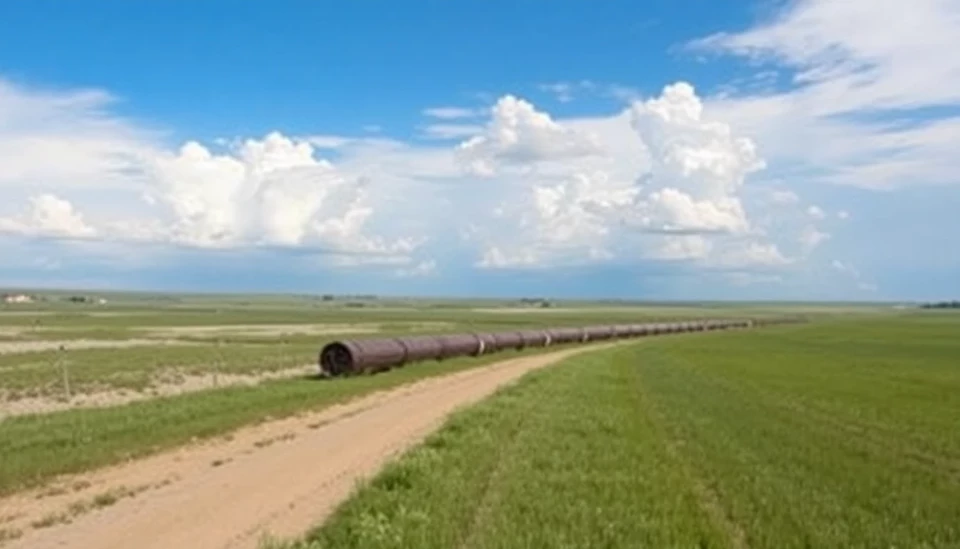
In a significant turn of events, South Dakota is set to repeal legislation that regulated the construction of fuel pipelines, a move that holds serious implications for the U.S. ethanol sector. The repeal underscores ongoing tensions in the energy landscape as state officials grapple with the future of renewable fuel production against a backdrop of changing environmental policies and energy needs.
The legislation in question was originally designed to facilitate the growth of pipeline infrastructure crucial for transporting biofuels such as ethanol. However, recent assessments have indicated that the existing laws may have hindered investment opportunities and expansion efforts within the industry. As South Dakota prepares to pull back on these regulatory measures, industry stakeholders are reacting with a blend of concern and cautious optimism.
Opponents of the law argued that it created unnecessary barriers that stifled development within the ethanol sector at a time when renewable energy sources are more critical than ever. Supporters of the repeal emphasize the need for an adaptable regulatory environment that can respond favorably to the evolving energy landscape and the rising demands for renewable energy sources.
The repeal comes at a crucial moment for the ethanol industry, which has been striving to maintain its relevance in an energy market increasingly dominated by electric vehicles and other alternative fuel sources. South Dakota has been a critical player in the ethanol production arena, and this legislative shift could pave the way for new investments and expansion projects aimed at bolstering the state's biofuel output.
Critics remain wary of the implications of this decision, highlighting that a repeal might lead to a lack of oversight and potential environmental concerns related to new pipeline constructions. They insist that careful regulations are essential to prevent possible environmental degradation and maintain ecological integrity in the state.
Proponents of the repeal, however, argue that with the right balance of oversight and encouragement for development, the industry can thrive, creating jobs, boosting local economies, and contributing to a cleaner energy future. The hope is that eliminating the old barriers will reinvigorate investments, drive innovation, and solidify South Dakota's status as a hub for renewable energy production.
The situation remains fluid as discussions continue regarding what the new regulatory framework will look like and how it will impact both current ethanol operations and prospective ventures. Industry observers are closely monitoring the developments, eager to see how this legislative change will unfold and what it means for the broader U.S. energy sector.
In summary, the anticipated repeal of South Dakota's pipeline law marks a pivotal moment for the ethanol industry, opening doors to new opportunities while balancing concerns over environmental safety. The future now hinges on how effectively the state will navigate this transition and support the growth of renewable energy in the coming years.
#SouthDakota #Ethanol #RenewableEnergy #Biofuels #EnergyPolicy #LegislativeChanges #EnvironmentalConcerns
Author: Sophie Bennett
